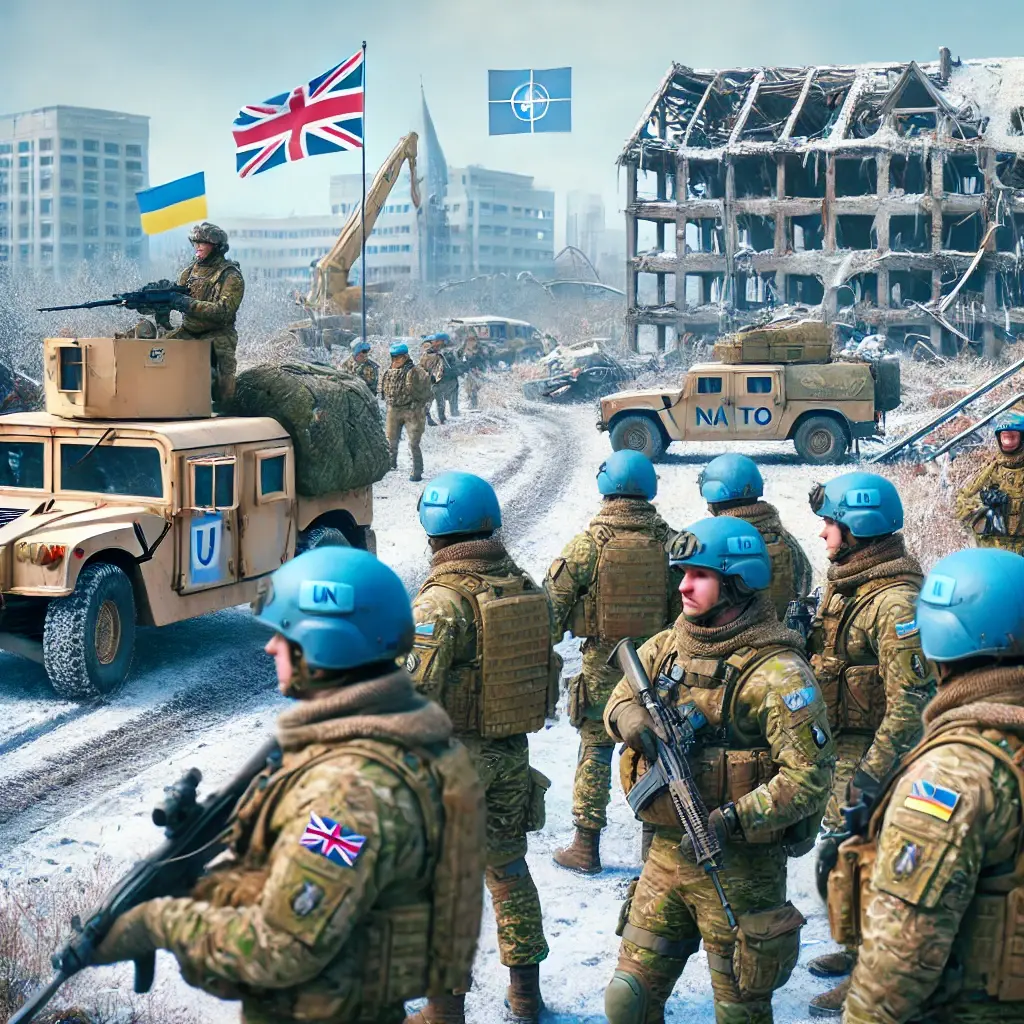
The United Kingdom, in collaboration with France, is spearheading an initiative to deploy a Western peacekeeping force to Ukraine, aiming to stabilize the region following any potential ceasefire with Russia. This proposal, discussed during a recent summit in Paris, suggests deploying up to 30,000 troops from various NATO countries, including the UK, France, Turkey, Canada, and Australia.
British Prime Minister Keir Starmer has expressed readiness to commit thousands of British soldiers to Ukraine for an extended period to uphold any peace agreement and deter further Russian aggression. He emphasized that the UK's involvement would hinge on security assurances from the United States, underscoring the necessity of a robust international coalition to support Ukraine's sovereignty.
French President Emmanuel Macron has reinforced that the decision to station peacekeeping troops in Ukraine lies with Kyiv, not Moscow. He highlighted that several European and non-European nations have shown willingness to participate in the peacekeeping mission, which would focus on stationing troop contingents in strategic locations to provide training and support for Ukrainian defenses.
However, the proposal has encountered mixed reactions within Europe. While the UK, France, and several Nordic countries back the initiative, Germany has expressed reservations, and nations like Poland and the Baltic states are concerned about diverting resources from their own defenses. The potential for escalation remains a critical consideration, with Russian officials warning that NATO's involvement could lead to broader conflict.
This development underscores the complexities of forming a unified international response to the ongoing crisis in Ukraine, balancing the imperative to support Ukrainian sovereignty with the risks of further escalating tensions with Russia.




